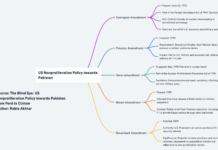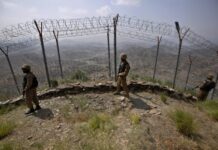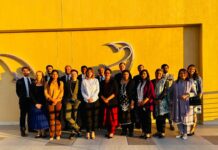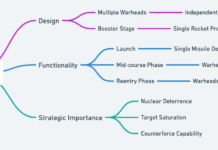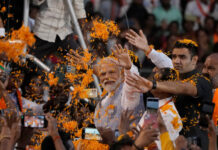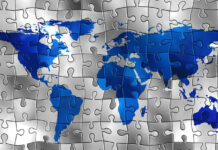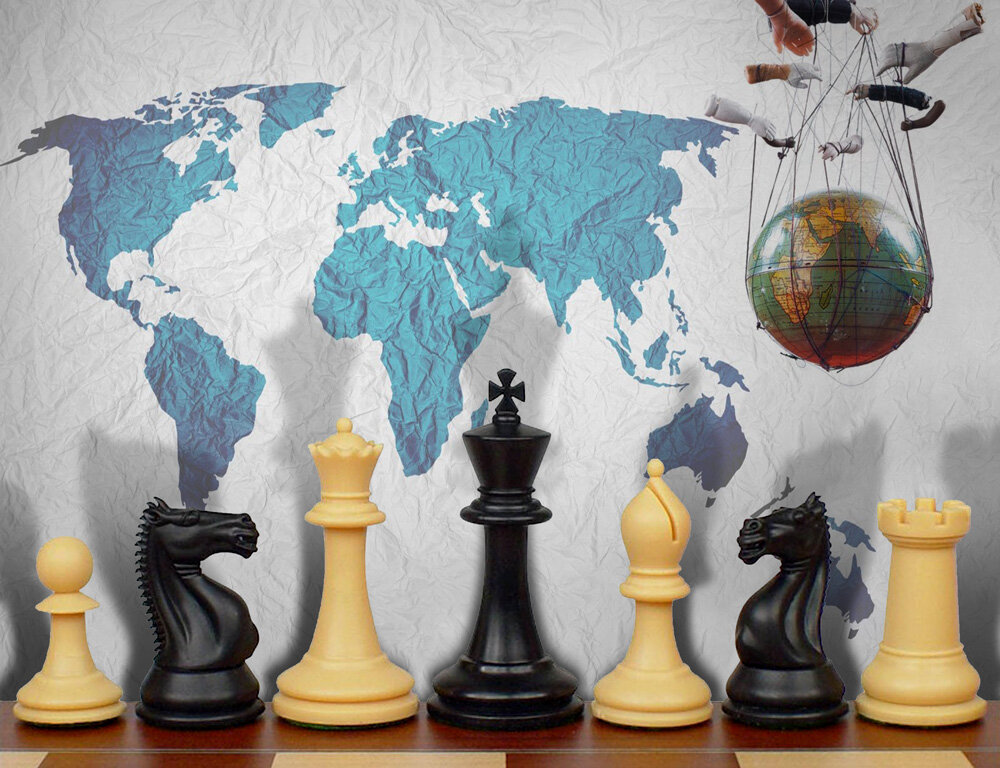Syed Rifaat Hussain
While it may seem premature to announce the end of COVID-19, all indications are that this pandemic has entered its terminal phase. Since its outbreak in Wuhan in December 2019, and its instant transmission to Europe, the U.S., and the rest of the world, this pandemic has affected 30,000,000 people, and claimed more than 950,000 lives. This number is likely to grow in each category, as thousands of cases from India, the U.S. and Brazil are being added to the tally every day. But the global momentum for COVID-19 has begun to decelerate. With the discoveries and testing of various anti-Corona vaccines, the pandemic may soon start to attenuate in its intensity.
Yet, we may not see a return to the status quo and older ways of doing things, nationally and globally. What kind of global order should we anticipate then? What would be its impact on state-society relations? More significantly, what would be the impact of this pandemic on the strategic behaviors of countries – would it alter the existing patterns of amity and enmity across regions? In search for answers to these fundamental questions, the starting point has to be the recognition of what is wrong with the existing system, and whose fault-lines have been exposed by COVID-19.
It is almost a truism that the liberal international order, based on Western values, norms, and institutions which relied on twin pillars of US military strength and its economic power, has crumbled, and with it the unipolar power structure has finally passed. The emerging power structure will not have a single superpower, but would be marked by a drift towards loose multipolarity. In this loose multipolarity, there would be intense competition among great powers, Russia, China, Europe, USA, Japan, and regional powers like India, Brazil, South Africa for influence, resources and market access. Military power will play a less important role in this competition than smart power, based on a combination of ideational and material sources and leadership qualities.
It seems evident that countries such as China that display smart power qualities are better placed than the U.S. to expand their zones of influence. That is one reason why Washington, under Trump, has elevated Beijing to the top category of its adversaries and is currently engaged in efforts to contain its growing influence. As stated by American Secretary of Defense Mark T. Esper last week “in this era of great power competition, the Department of Defense has prioritized China then Russia, as our top strategic competitors. These revisionist powers are using predatory economics, political subversion, and military force in an attempt to shift the balance of power in their favor, and often at the expense of others.” He went on to cite China’s “One-Belt, One-Road” initiative as an example of Beijing’s “malign influence” which had left “weaker nations with crushing debt, forcing them to take their economic relief at the expense of their sovereignty.” He accused both China and Russia of “expanding and modernizing their armed forces, and extending their capabilities into the space and cyber domains, in order to exert greater pressure against other countries.”
The intensifying great power competition means that countries like Pakistan, which traditionally have carefully balanced their ties with great powers would soon resort to what John Mearsheimer has described as “bandwagoning”- a tendency to pick the dominant power as the preferred alliance partner. The choice of alignment would be dictated by factors like geographical proximity, mutual trust, leadership’s definition of its perceived national interest and its calculation of a great power’s ability and willingness to offer it security and protection in dealing with its key adversaries. In this context, Islamabad has already picked China as its security provider, something that may lead to degradation of Pak-US ties.
This shift in Islamabad’s strategic posture has to be also seen in the context of Indo-US alignment that has been strengthened as part of Washington’s pivot to Asia. Known as the Indo-Pacific Strategy, it seeks to contain the growing reach of China’s power in the Asia Pacific theatre while ensuring that the U.S. remains a dominant power in this vital region.
Another feature of the post-COVID world order could be the dilution of U.S. commitment to multilateralism and international institutions, based on the principles of international cooperation. The future of international cooperation would be held hostage by the rise of forces of economic protectionism, political populism, and a growing sense of interstate cooperation being viewed as a zero-sum game. Instead of viewing interstate cooperation as a win-win situation, based on common interests, these relations will increasingly fall prey to narrowly-defined self-interest.
Yet another feature of the post-COVID world order is the emerging salience of health issues in public discourse. Pandemics were not factored into strategic calculi of states and the entire focus was on ensuring security of the state structures. As late Roy Priewerk had stated in 1973, the entire focus of discipline of international relations was “ignoring people from its discourses”. Analysts and academics were more interested in studying power equations between states and were less interested in focusing on the needs of the people. COVID-19 has sharply shifted attention on the need for pursuing security from a human perspective. One of the reasons why mature democracies have so miserably failed to cope with the devastations of COVID-19 is the absence of public health issues from dominant security discourse which had privileged state-security over people’s security. Given the rising public demand for recognizing universal health coverage as a fundamental right, states in future will be judged by their capacities to provide for the well-being of people who cannot afford health care.
Like all other crises, COVID-19 has created new space for addressing concerns of the weak and disadvantaged segments of the society all across the globe. Pakistan, a country that has been spending less than 2 percent of its GDP on public health, has to increase its funding but also find ways to set up an infrastructure of health facilities that can meet the demands of over 220 million people. The ongoing cooperation between Islamabad and Beijing in the health sector must not only be continued but also expanded. There is a lot that Pakistan can learn from Chinese experience for the benefit of its people.
Prof. Dr. Rifaat Hussain is Head of the Department Government, Policy and Public Administration, School of Social Sciences and Humanities, National University of Sciences and Technology (NUST), Islamabad.



